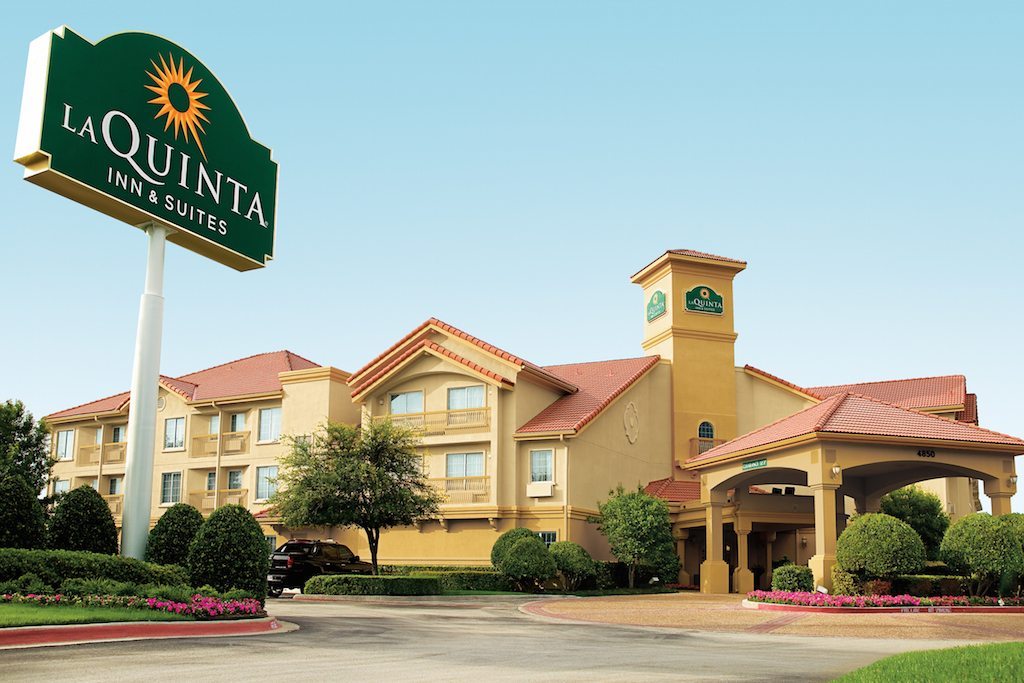Wyndham Worldwide Is Buying La Quinta for $1.95 Billion

Skift Take
Wyndham CEO Geoff Ballotti wasn't kidding when he told us he had big plans for 2018 at last year's Skift Global Forum.
When we said there'd be more mergers and acquisitions in 2018, we weren't kidding. The first major hotel industry acquisition of the year involves Wyndham Worldwide and La Quinta Holdings.
Wyndham Worldwide, whose businesses include hotels, vacation rentals, and time shares, has announced it plans to buy La Quinta Holdings for $1.95 billion in cash in a deal expected to close by the second quarter. With the addition of La Quinta to the Wyndham Hotel Group, the company will soon have 21 brands and more than 9,000 hotels in 75 countries.
La Quinta, which turns 50 this year, has more than 890 properties with approximately 87,500 rooms located in 48 states in the U.S. and in Canada, as well as in Mexico, Honduras, and Colombia spread out over three brands: La Quinta Inn & Suites, La Quinta Inn, and LQ Hotel. Wyndham Hotel Group's brands include Days Inn, Super 8, Travelodge, and Wyndham Garden, among others.
The deal is expected to close in the second quarter, and would not impact the already planned spinoffs announced by both companies. Contingent upon the sale of La Quinta's management and franchise business to Wyndham, the company would spin off its real estate business, CorePoint Lodging, which current La Quinta Holdings CEO Keith Cline would lead as its own separate public company.
Wyndham Worldwide's spinoff is still subject to approval but is scheduled to close in the second quarter of this year.
We talked to the CEOs of Wyndham and La Quinta about the deal. Keep reading.
La Quinta will be a part of Wyndham's hotel division, which will be led by Wyndham Hotel Group CEO Geoff Ballotti.
Under the terms of the agreement, stockholders of La Quinta will receive $8.40 per share in cash, which comes out to approximately $1 billion in aggregate, and Wyndham Worldwide will repay approximately $715 million of La Quinta debt net of cash and set aside a reserve of $240 million for estimated taxes. The taxes are expected to be incurred in connection with the taxable spin-off of La Quinta's owned real estate assets into CorePoint Lodging Inc.
How This Deal Happened
Wyndham Hotel Group, as the company demonstrated last year with its $170 million acquisition of AmericInn, is eager to grow its midscale business, and La Quinta has been open to buyers for some time and to pursue the kind of scale that's needed to power the growth of its brand
